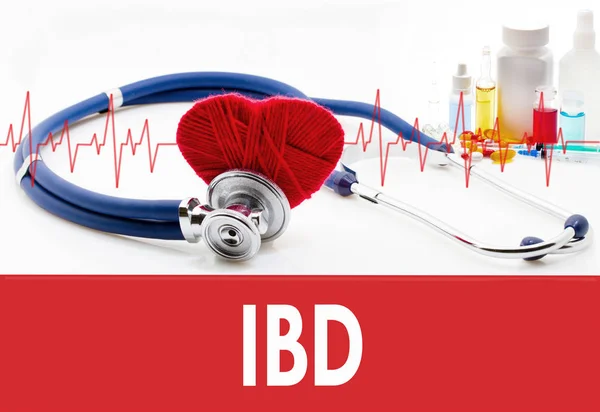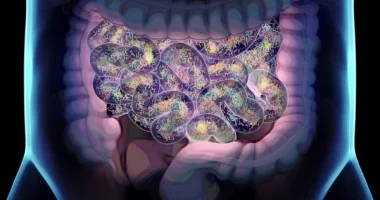Mood Boosters Show Promise in Reducing IBD Inflammation. New research from King’s College London reveals that interventions improving mood can reduce inflammation in inflammatory bowel disease (IBD) by 18%. This suggests that mood interventions could be a valuable tool in the approach to help those with IBD. The research, supported by the National Institute for Health and Care, revealed that treatments which improve mood have beneficial effects on generic inflammation. Previous research has also highlighted that anxiety and depression are higher during active IBD, and psychotherapeutic interventions can improve the quality of life in patients with IBD.
The findings indicate that mood interventions could serve as an alternative treatment for IBD that is both effective and low-risk. This is significant as IBD is a chronic autoimmune condition affecting over 500,000 people in the UK, causing inflammation and debilitating symptoms. The presence of a psychological disorder in IBD is associated with poor health-related quality of life, and a multidisciplinary approach involving psychotherapists and psychiatrists is associated with the best outcomes in IBD patients.
The study also noted that current IBD medications are expensive and can have side effects so mood interventions that is potentially cheaper, safer alternative or complementary treatment is suggested. Remember that Improved mood could directly reduce inflammation, impacting both mental and physical health. However;
- Further research is needed to understand the exact mechanisms behind these effects.
- Integrating mental health support into IBD care could be a more holistic approach.
- Cost-effective digital interventions could expand access to mood-boosting therapies.
How mood affects IBD patients
Mood disorders, specifically anxiety and depression, are more prevalent among IBD patients compared to the general population.
Anxiety and depression are associated with a more aggressive course of IBD, and previous research has underlined that anxiety and depression are higher during active disease compared to inactive disease, and quality of life scores seem lower, especially during a flare.
The connection between mental disorders and IBD is complex, bidirectional, and still not fully understood. The inflammation process, gut microbiota alterations, and drug side effects are factors that influence the mental state of IBD patients.
Psychotherapeutic interventions can improve the quality of life in patients with IBD, and screening patients with IBD for mood disorders has recently been shown to offer mental health benefits.
Therefore, it is important to monitor mood disorders in IBD patients and consider stress management and psychological support as part of a multidisciplinary approach to IBD management.
ALSO READ: Preterm babies face higher risk of long-term learning and behavior challenges
How does inflammation affect IBD patients?
Inflammation affects IBD patients in several ways:
- Symptoms: Inflammation in IBD patients can cause symptoms such as persistent diarrhea, abdominal pain, rectal bleeding, weight loss, and fatigue.
- Damage to the intestines: Prolonged inflammation can damage the gastrointestinal tract, leading to complications such as abscesses, strictures, and increased risk of infections.
- Extraintestinal complications: Inflammation can also cause extraintestinal complications, such as osteoporosis, deep vein thrombosis, anemia, gallstones, primary sclerosing cholangitis, aphthous ulcers, arthritis, iritis, and pyoderma gangrenosum.
- Surgery: If inflammation is not controlled, over time, the intestines can become damaged, making symptoms worse and increasing the need for surgery. About half of people with IBD may need surgery at some point in their lives to remove areas of the intestine damaged by prolonged inflammation.
- Quality of life: Inflammation can lead to a reduced quality of life for IBD patients, as it can cause debilitating symptoms and complications.
- Psychological impact: Anxiety and depression are higher during active IBD, and psychotherapeutic interventions can improve the quality of life in patients with IBD









